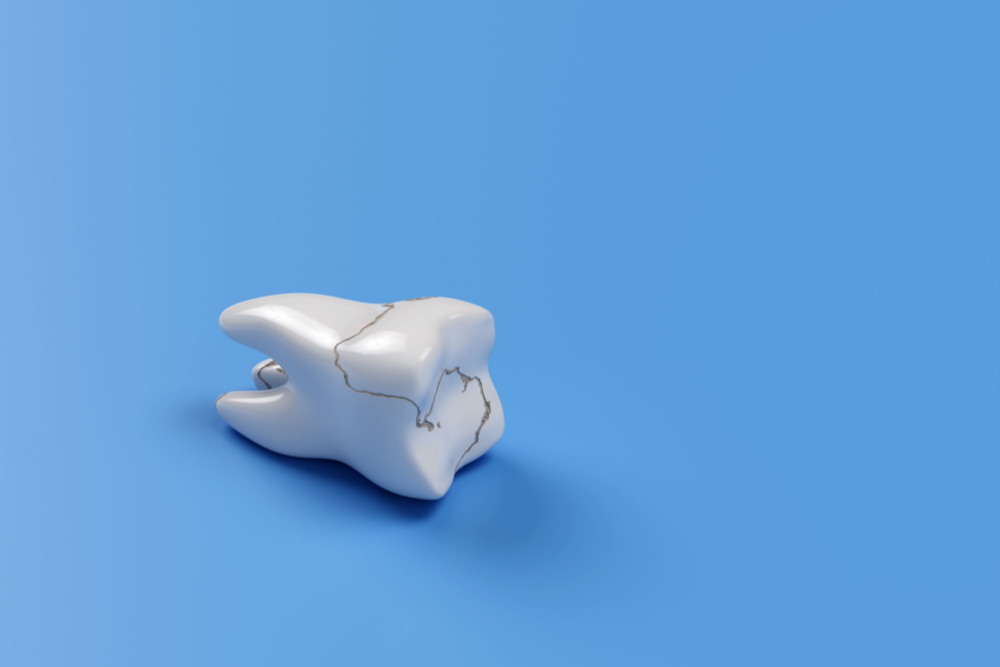At South Meadows Dental & Orthodontics, our goal is to help you maintain a natural, healthy smile. Unfortunately, tooth decay can get in the way and cause you to lose your natural teeth. We want you to understand how tooth decay happens and what you can do to prevent it so you can keep your natural smile for a lifetime!
What Causes Decay?
Bacteria and sugar are the two main causes of tooth decay. Thousands of tiny, microscopic bacteria exist in your mouth but don’t worry, most of these bacteria are beneficial. However, two types of bacteria are harmful causes of tooth decay: mutans streptococcus and lactobacillus. These bacteria can quickly reproduce if you are not brushing and flossing regularly since they thrive on sugar. If sugary residue is left on your teeth, these bacteria will form large colonies that lead to plaque and buildup on your teeth. As the bacteria feed off these sugars, a chemical reaction breaks the sugar down into simpler elements like acid. Acid breaks down your tooth enamel and weakens your teeth.
Plaque is the built-up residue of food, bacteria, and a film of saliva. Sugars are found in starchy foods like pasta, bread, and sweets. If you do not brush regularly, this food residue will stick to your teeth and continue forming until the plaque turns into tartar. Tartar is a hardened, mineralized form of plaque that can develop in as little as 24 hours, which is why it is recommended you brush your teeth in the morning and at night.
How Does Decay Happen?
As starches break down, sugars are released, and bacteria break down this sugar into acid, the protective enamel layer on your teeth dissolves. This forms a demineralized area that appears as a white or brown spot on our tooth – the first sign of tooth decay. If the area is left untreated, it will progress into a cavity or a hole on the surface of your tooth. It’s important to treat tooth decay before it penetrates that protective outer layer because once a cavity has reached the softer interior layer of the tooth, it grows more quickly and leads to more complications.
How to Avoid Decay?
By limiting the number of times you eat each day and moderating your intake of sugar or starches, you can decrease acid production and strengthen your teeth. Regular brushing and flossing are also essential for maintaining healthy, strong teeth since this eliminates plaque buildup. When plaque is destroyed, the number of harmful bacteria on the surface of your teeth is also destroyed, significantly reducing the production of harmful acid. Using a toothpaste that contains fluoride is also a great way to strengthen your tooth enamel since fluoride is resistant to decay. In between brushing your teeth, rinse your mouth with a fluoride mouth rinse and chew sugarless gum to reduce acid attacks.
Schedule a Consultation
To learn more about how you can care for your teeth and to treat tooth decay already in the process, visit our team of dental specialists in Reno, NV. We offer dental crowns, fillings, and professional cleanings to treat and prevent tooth decay. Give our office a call at (775) 413-2976 or fill out the online contact form to schedule a complimentary consultation.









